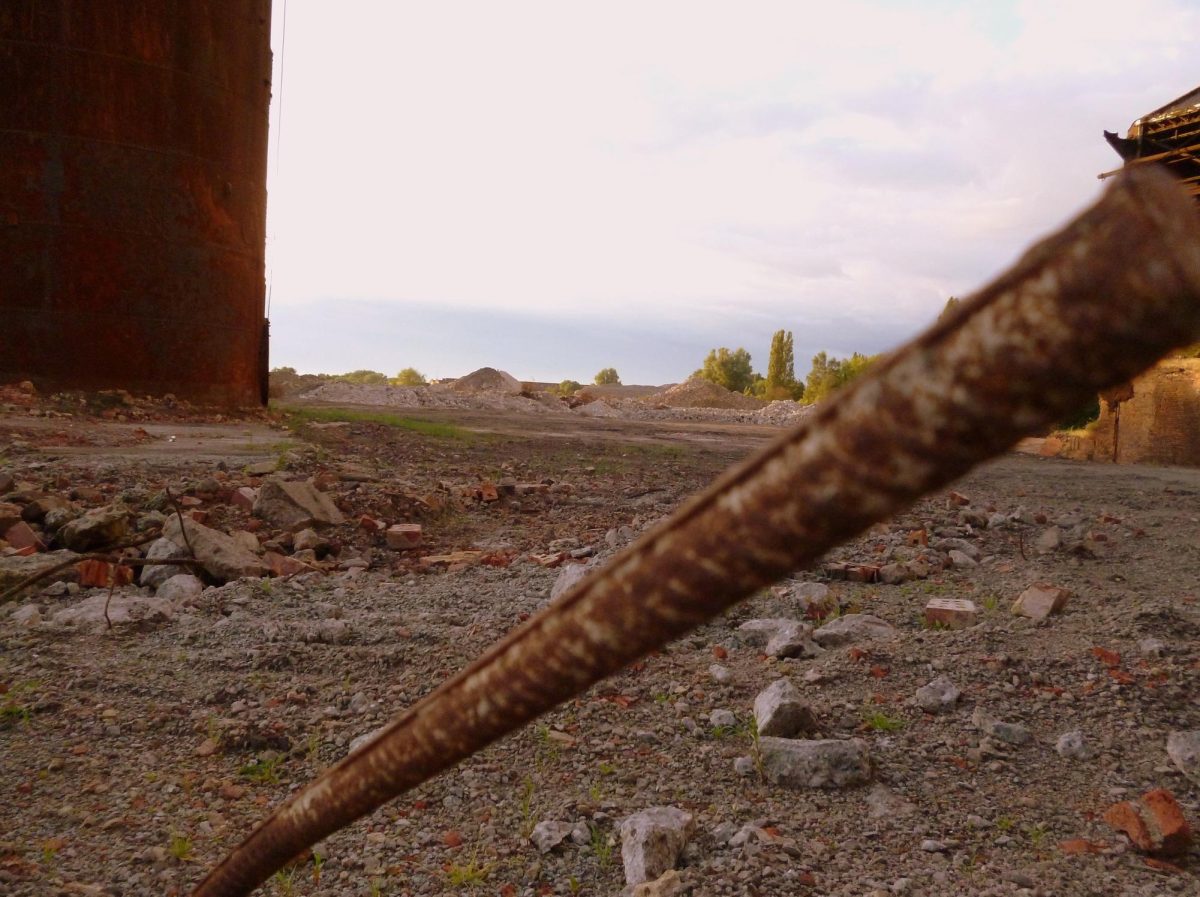As part of the “Investing In America” agenda advocated by United States President Joe Biden, NJIT was recently awarded $10 million from the Environmental Protection Agency, or EPA. This money will primarily fund NJIT’s Technical Assistance to Brownfields, or TAB. The program is focused on guiding governments, tribal entities, and nonprofits towards cleaning up and eventually reusing brownfield sites.
Through this recent EPA grant and the ones preceding it, this program will be offered to communities completely free of charge. Brownfields are designated by the EPA as properties in which expansion, reuse, or redevelopment may be complicated by the presence of a hazardous substance or pollutant. Levels of contamination for these sites are usually moderate to low, so they do not qualify for a long-term state or federal response.
The makeup of such sites can also vary wildly, from a former gas station only a few feet across to a former military installation spanning miles in length. Rehabilitating these sites usually fall under state or tribal jurisdiction and can be difficult to handle without sufficient funding or resources. NJIT’s TAB program is designed to assist in organizing and guiding the reclamation process.
As much as time and money can be a concern in cleanup, redeveloping brownfield sites are done for many reasons. Communities sometimes become wary about contamination near their living spaces and may wish to remove the potential danger entirely. The area may be part of a planned redevelopment, so it must be cleaned before construction can begin.
Certain brownfield sites can also simply be considered an eyesore and undesirable to an area’s skyline. Whatever the reason, NJIT is committed to helping communities that may wish to rehabilitate brownfields in the future. The TAB program operates in a jurisdiction spanning the North and Southeast, Puerto Rico, the Virgin Islands, and several tribal nations.
Assistance is usually offered through three different sources: the Resource Center, various educational forums and workshops, and one-on-one consultation. Information on regulations, upcoming events, current funding sources, EPA, and state contracts are available in the NJIT TAB Resource Center. Various bootcamps, webinars, and workshops are offered to communities looking to be fully informed about the brownfields issue.
Finally, TAB offers a more personal consultation service for advice on grant applications, redevelopment strategies, and much more. Tangible results have already been recorded — some even in the state of New Jersey.
The town of Englewood was recently saddled with over three acres of low-quality housing within their Main Street Commercial District. Using the assistance provided by TAB, Englewood was able to redevelop the area into a mixed residential and commercial space more fitting to the area.
Clifton had a similar issue, with a former news headquarters and a wool mill sitting in a densely populated area. TAB worked closely with the city and was able to draft a redevelopment plan, demolish the site, remove contaminated soils, and obtain funding from various stakeholders. The area is now home to various residential buildings and generates around $76,000 in tax revenue annually.
This process is occurring throughout the country, with the Biden administration allocation of over $315 million towards brownfield cleanup and assessment. While NJIT is only one part of such a large initiative, such work aims to assist communities unable to find or afford brownfield resources. Whether the communities affected are in New Jersey or beyond, TAB will continue to be a constant source of support for brownfield remediation efforts.


























